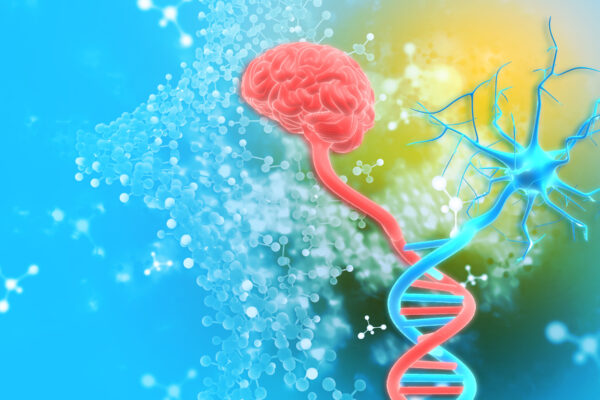Description
Folate receptor autoantibodies (FRAs) are immune proteins (antibodies) that target the folate receptors, which are crucial for transporting folate into cells. Folate is essential for numerous biological processes, including DNA synthesis, repair, and methylation, all of which are critical for normal brain development and function. The presence of FRAs, particularly IgG autoantibodies, has been implicated in both Autism Spectrum Disorder (ASD) and Attention-Deficit/Hyperactivity Disorder (ADHD).
Folate Receptor Autoantibodies (FRAs) and Their Mechanism
FRAs can interfere with the normal function of folate receptors, particularly the alpha (FRα) receptor, which is primarily responsible for transporting folate across the blood-brain barrier. When these autoantibodies bind to the folate receptors, they can inhibit the uptake of folate into the brain, leading to a state of cerebral folate deficiency despite normal or even elevated levels of folate in the blood.
FRAs in Autism Spectrum Disorder (ASD)
Research has shown that a significant subset of children with ASD have elevated levels of FRAs IgG. The presence of these autoantibodies can lead to reduced folate transport into the brain, potentially contributing to neurological dysfunction and the development of ASD symptoms. Studies suggest that children with ASD who have FRAs may exhibit more severe symptoms, particularly in terms of communication difficulties and repetitive behaviors.
FRAs in Attention-Deficit/Hyperactivity Disorder (ADHD)
While the association between FRAs and ADHD is less well-established than in ASD, there is emerging evidence that suggests a subset of children with ADHD may also have elevated levels of these autoantibodies. Given that folate is crucial for brain function and development, interference with folate transport due to FRAs could theoretically contribute to the symptoms of ADHD. The role of folate in neurotransmitter synthesis, particularly in pathways involving dopamine and norepinephrine, is relevant to ADHD. A deficiency in cerebral folate could potentially exacerbate the dysregulation of these neurotransmitters, which is central to ADHD.






